Introduction
Finding the best diet for Bloodhound dogs is essential for their health and well-being.
- A balanced diet supports their health, activity, and longevity
- Protein is crucial to support their muscles and overall health
- Fats provide necessary energy and maintain a healthy coat
- Carbohydrates offer the energy needed for daily activities
- Always consult with a veterinarian for specific dietary advice
1. Understanding Bloodhound Nutritional Needs
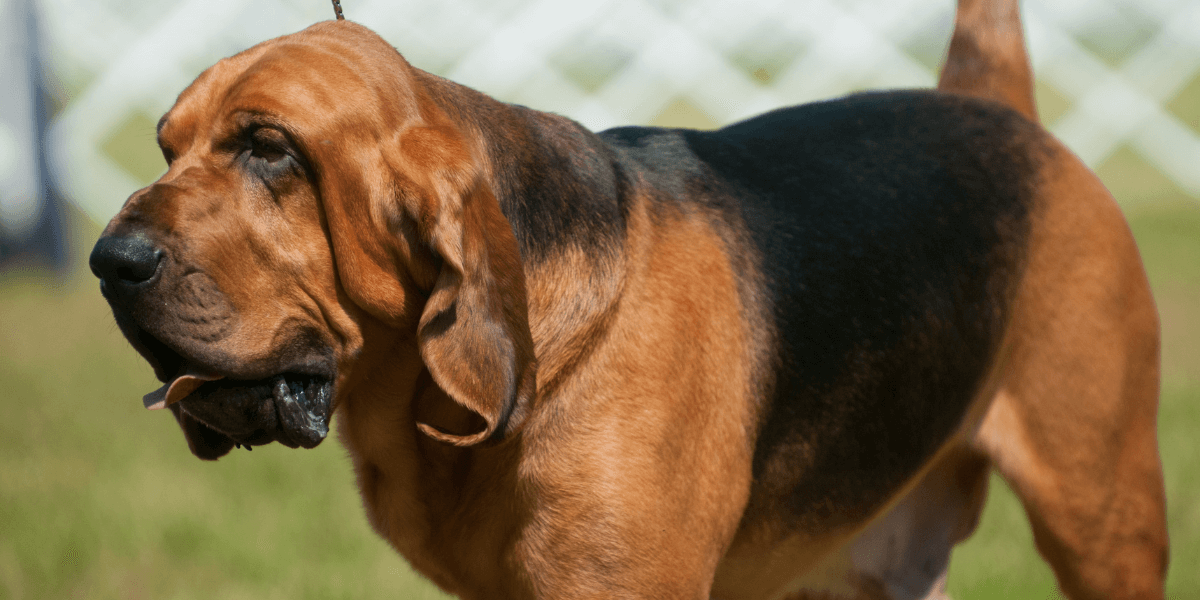
Learn about the key nutrients that your Bloodhound needs daily.
- Protein: Essential for muscle maintenance and growth
- Fats: Provide energy and keep the skin and coat healthy
- Carbohydrates: Supply energy for daily activities and metabolism
- Vitamins: Support immune function and overall well-being
- Minerals: Vital for bone health, nerve function, and hydration
- Water: Critical for hydration, digestion, and overall health
- Fiber: Helps with digestion and maintaining a healthy weight
- Calories: Should match the Bloodhound's size, age, and activity level
2. Best Types of Protein for Bloodhounds
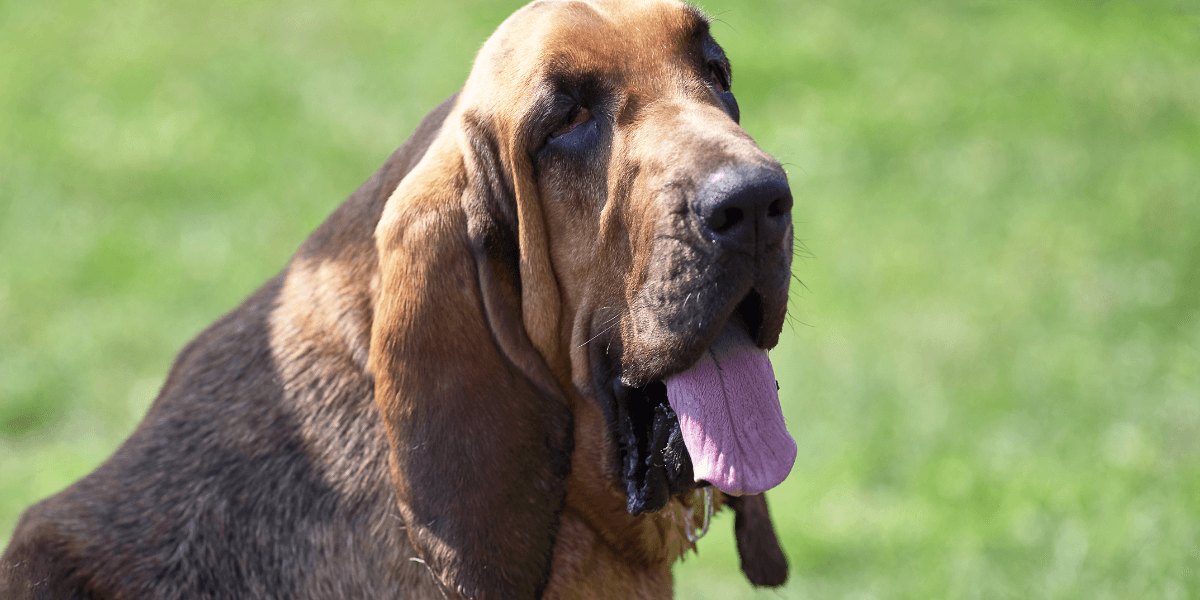
Choosing the best diet for Bloodhound includes selecting high-quality proteins.
- Chicken: Lean and highly digestible source of protein
- Beef: Rich in essential amino acids for muscle support
- Fish: Provides Omega-3 fatty acids for skin and coat health
- Turkey: Low-fat and suitable for sensitive stomachs
- Lamb: Great option for dogs with protein allergies
- Eggs: High-quality protein with essential nutrients
- Duck: Suitable for dogs with common protein sensitivities
- Plant-based Proteins: Include lentils and peas for variety
3. Importance of Fats in a Bloodhound's Diet
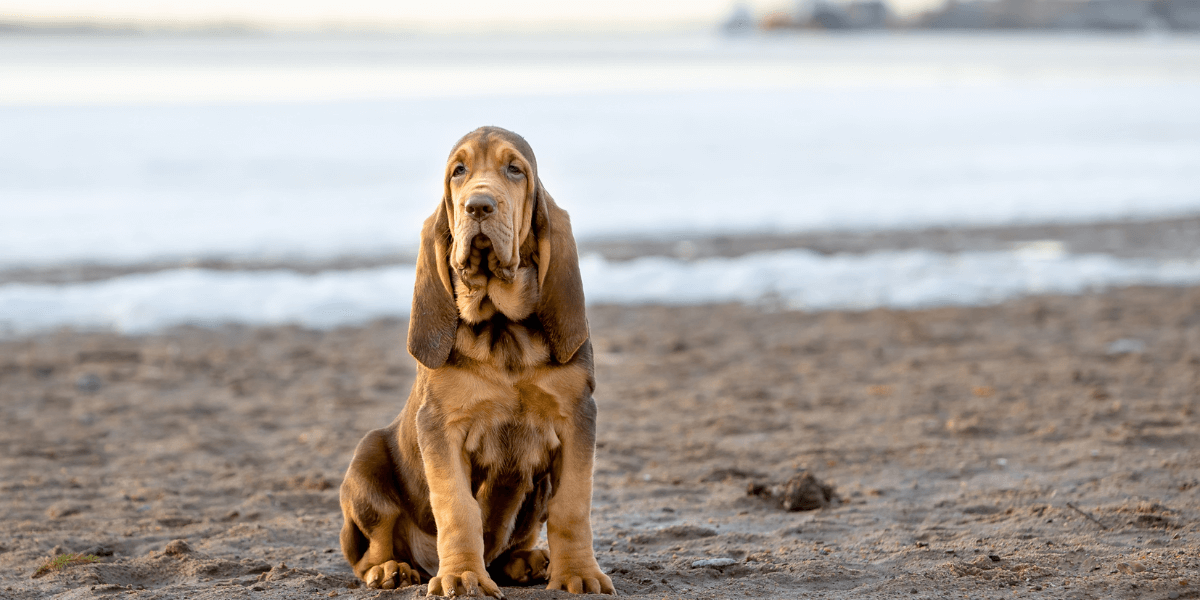
Healthy fats are essential for your Bloodhound's energy and coat health.
- Omega-3: Reduces inflammation and supports heart health
- Omega-6: Essential for skin, coat health, and cell function
- Animal Fats: Provide energy and enhance food flavor
- Fish Oil: Rich source of Omega-3 for joint and skin health
- Flaxseed Oil: Plant-based source of Omega-3 for overall wellness
- Chicken Fat: Contains linoleic acid for skin and coat health
- Coconut Oil: Offers medium-chain fatty acids for digestion
- Avoid Trans Fats: They can lead to health problems
4. Beneficial Carbohydrates for Bloodhounds
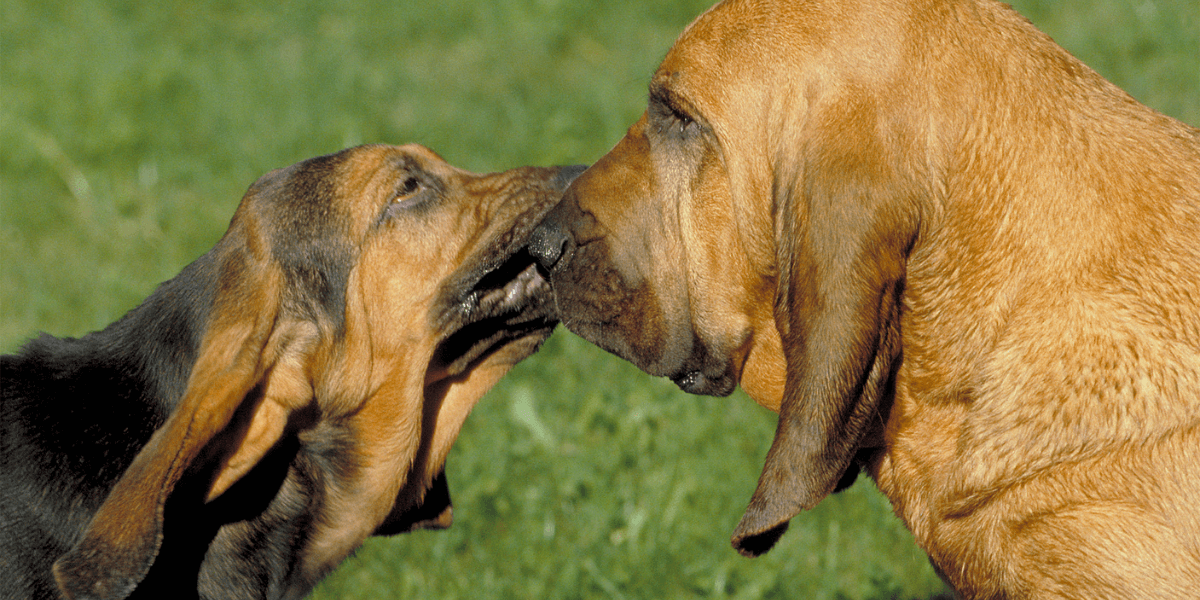
Including the right carbs is essential for the best diet for Bloodhound.
- Brown Rice: A wholesome grain for energy and fiber
- Sweet Potatoes: Rich in vitamins and digestible carbs
- Oats: Provide fiber for digestive health and satiety
- Quinoa: A complete protein and carbohydrate source
- Pumpkin: Aids digestion and is a low-calorie option
- Barley: Good source of fiber and vitamins for energy
- Carrots: Low-calorie snacks with vitamins and minerals
- Peas: Add protein and fiber to a balanced diet
Learn how the best foods and supplements boost your Bloodhound's nutrition—check our guide!
5. Essential Vitamins and Minerals
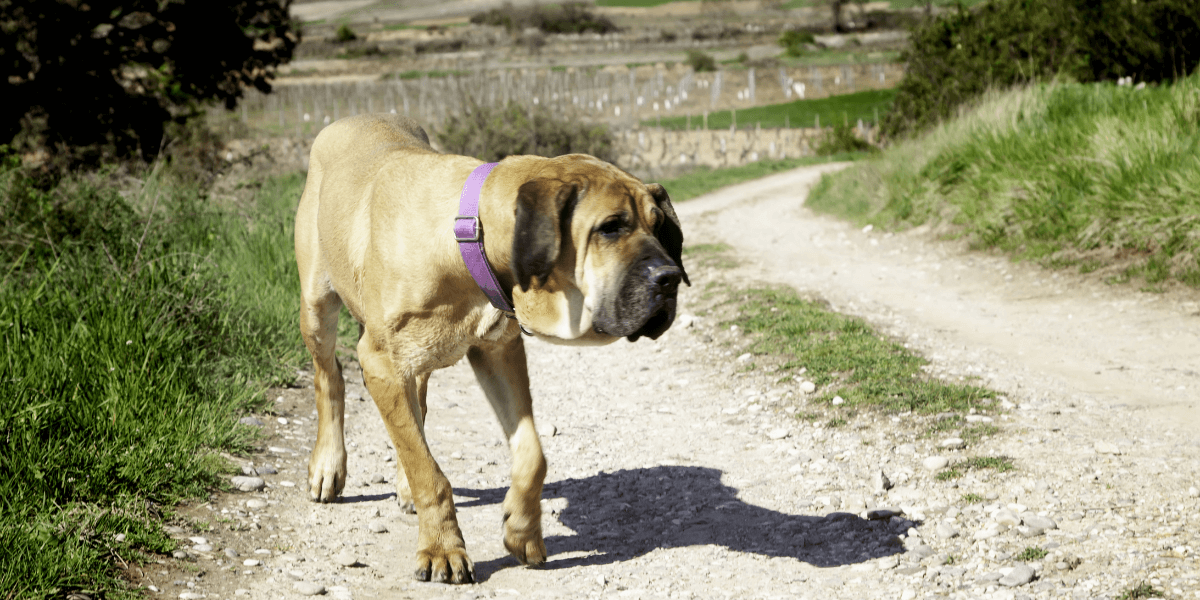
Incorporating key nutrients is vital for the best diet for Bloodhound.
- Vitamin A: Supports vision, immune health, and skin health
- Vitamin B Complex: Aids in metabolism and energy production
- Vitamin D: Promotes bone health and calcium absorption
- Vitamin E: Protects cells from damage and supports skin health
- Calcium: Necessary for strong bones and teeth
- Phosphorus: Works with calcium for bone health
- Iron: Supports red blood cells and oxygen transport
- Zinc: Essential for immune function and skin health
6. Homemade vs. Commercial Dog Food
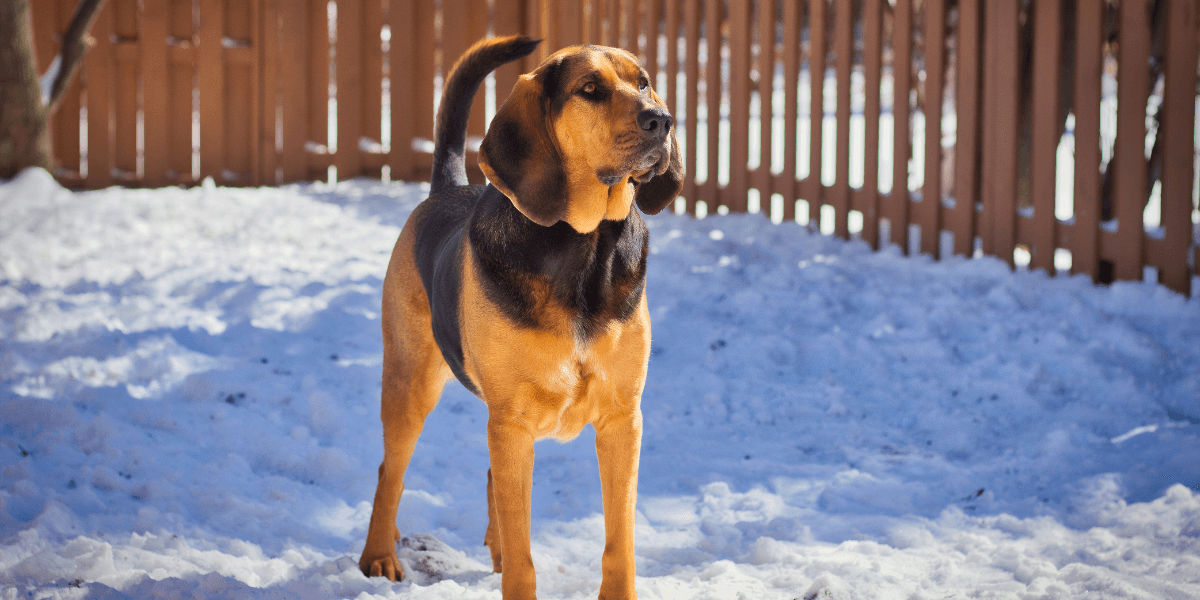
Decide between homemade meals and store-bought options for your dog.
- Homemade Food: Allows control over ingredients and quality
- Commercial Food: Convenient with balanced nutrition options
- Grain-Free Options: Good for dogs with grain sensitivities
- Raw Diet: Can provide natural nutrients but requires caution
- Canned Food: Often high in protein and moisture content
- Kibble: Convenient and good for dental health
- Dehydrated Food: Lightweight and retains nutrients
- Consult Your Vet: To choose the best food type for your Bloodhound
Discover how understanding health issues can help you manage your Bloodhound's care better!
7. Tips for Feeding Your Bloodhound
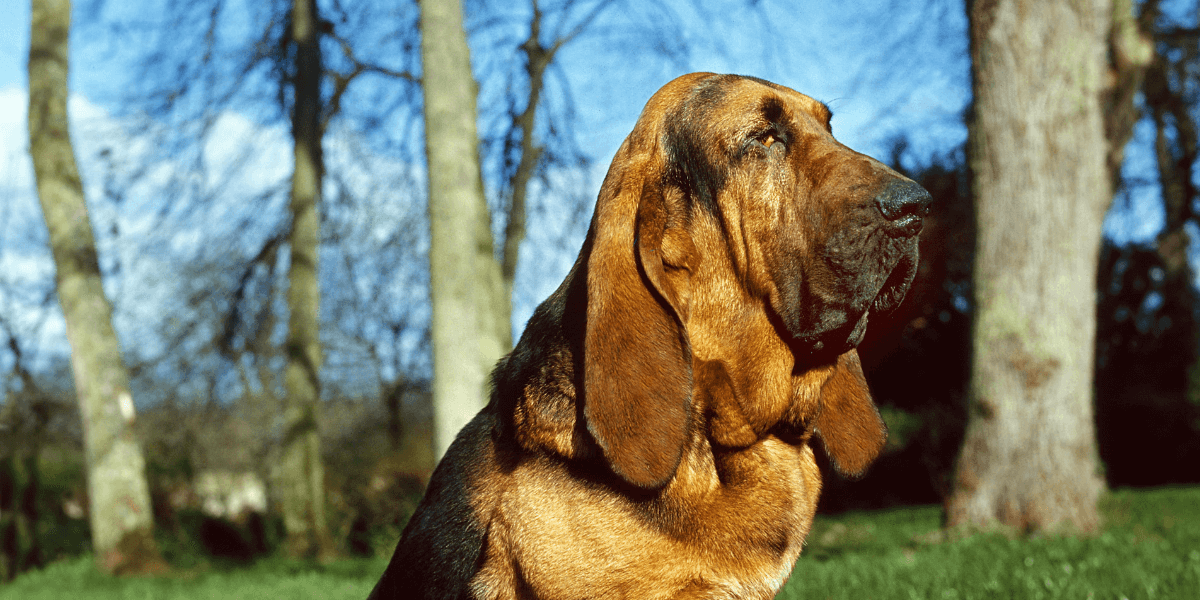
Effective feeding tips to keep your Bloodhound healthy and satisfied.
- Scheduled Feeding: Maintain a consistent feeding schedule
- Portion Control: Ensure meals are measured for their size
- Avoid Overfeeding: Bloodhounds are prone to weight gain
- Fresh Water: Always provide clean and fresh water
- Monitor Weight: Regularly check their weight for adjustments
- Treats in Moderation: Use healthy treats for training and rewards
- Slow Feeders: Prevent gulping food to reduce bloating risk
- Vet Checkups: Regularly review diet needs with your vet
Effective feeding habits are part of your Bloodhound's training—learn more in our training tips!
FAQs
1. What should I avoid feeding my Bloodhound?
- Avoid chocolate, onions, grapes, and caffeine as they are toxic
2. How much should I feed my Bloodhound daily?
- Generally 3 to 5 cups depending on their weight and activity level
3. Can Bloodhounds eat human food?
- Yes, some safe foods like carrots, apples, and chicken in moderation
4. Should I feed my Bloodhound grain-free food?
- Grain-free is good for allergies, but consult your vet first
5. How often should I feed my Bloodhound?
- Feed them twice daily, morning and evening, for best digestion
6. What is the best protein source for Bloodhounds?
- High-quality proteins like chicken, beef, and fish are recommended
7. Are supplements necessary for Bloodhounds?
- Only if advised by a vet, based on specific health needs
Conclusion
- Choosing the best diet for Bloodhound ensures their health and happiness
- Focus on high-quality protein, fats, carbs, vitamins, and minerals
- Homemade or commercial, ensure balanced nutrition always
- Consult a vet before making any significant diet changes
- Monitor their weight and adjust portions as needed
- Start today to ensure your Bloodhound thrives




